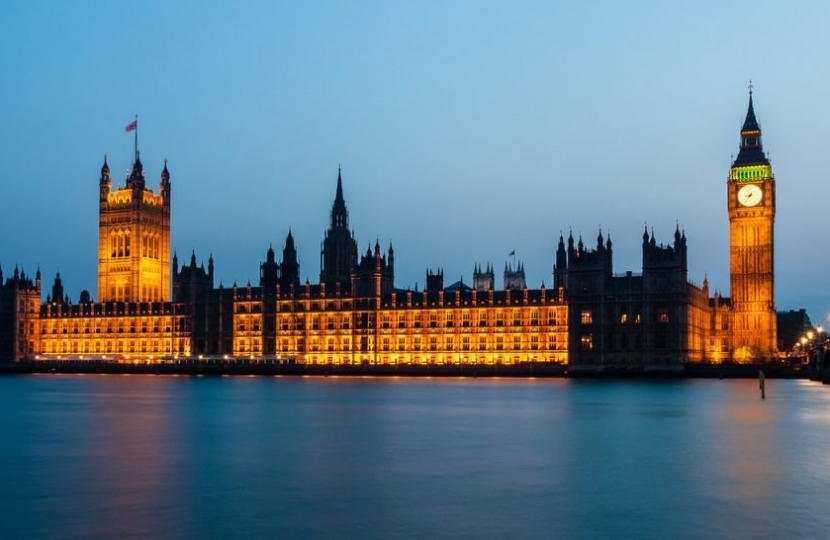
CORONAVIRUS: PEOPLE WITH DISABILITIES
February 2021
Thank you for contacting me about the impact of the Coronavirus outbreak on people with disabilities and for bringing Scope’s Disability Report to my attention.
It troubles me that so many people with disabilities feel forgotten during this crisis. As well as addressing this, we must ensure rights are not eroded and also look for opportunities to change things for the better for good.
Not only have I read Scope's report in detail, I have also brought it to the attention of my colleagues in the Department for Work and Pensions and the Government Equalities Office. I learnt of much worthwhile work. But as well as ensuring those who feel forgotten are aware of this work, we must look for gaps and further opportunities.
Regarding welfare, the Government acted quickly to suspend all face-to-face assessments for health and disability-related benefits while also extending award periods, giving people peace of mind that their benefit payments would continue. I am encouraged that Ministers are protecting the health of individuals claiming these benefits, many of whom are likely to be at greater risk of severe Coronavirus symptoms due to their pre-existing health conditions.
It is of course welcome that those who are living with a disability and are Clinically Extremely Vulnerable can access the Coronavirus Job Retention Scheme (CJRS) and the Self-Employment Income Support Scheme (SEISS).
It is vital that our welfare system supports those who need it and the Government’s support package during the pandemic sits alongside a substantial set of welfare support for individuals with disabilities. I am encouraged that in 2020/2021 the government will spend over £55 billion on benefits to support disabled people and people with health conditions, with spending on the main disability benefits is at a record high.
The measures in the Coronavirus Act are temporary and proportionate to the threat we face. It is important that they will only be used when strictly necessary and will only be in place for as long as required to respond to the public health emergency. Local authorities are still expected to do as much as they can to comply with their duties to meet needs during this period, and the legislation does not remove the duty of care towards an individual's risk of serious neglect or harm. The legislation must not be used as cover for negating basic duties.
There are also opportunities for positive change. The way many of us work has, for example, changed. Normalising working from home and other adjustments is one way we can emerge from this into a world which better embraces people with disabilities.
You may be aware of the National Strategy for Disabled people which is a key opportunity to enact changes that really make a difference to people with disabilities. There is exciting work underway between my colleagues in government, disability charities and businesses to produce practical measures that will transform the daily lives of people with disabilities and ensure they can fully participate in society. The strategy will be ambitious and will support people with disabilities in all aspects and phases of life.
The National Strategy for Disabled People will put fairness at the heart of government, levelling up opportunities for people with disabilities. Importantly, while it will build on evidence and data, it will also be based on insights from people’s daily experiences. The strategy will include existing commitments, like the increase in special educational needs and disability funding and careers advice, as well as identifying areas where further improvement is required.
I know my colleagues are keen to hear from as many experts as possible, including charities such as Scope.
Thank you again for taking the time to contact me.
